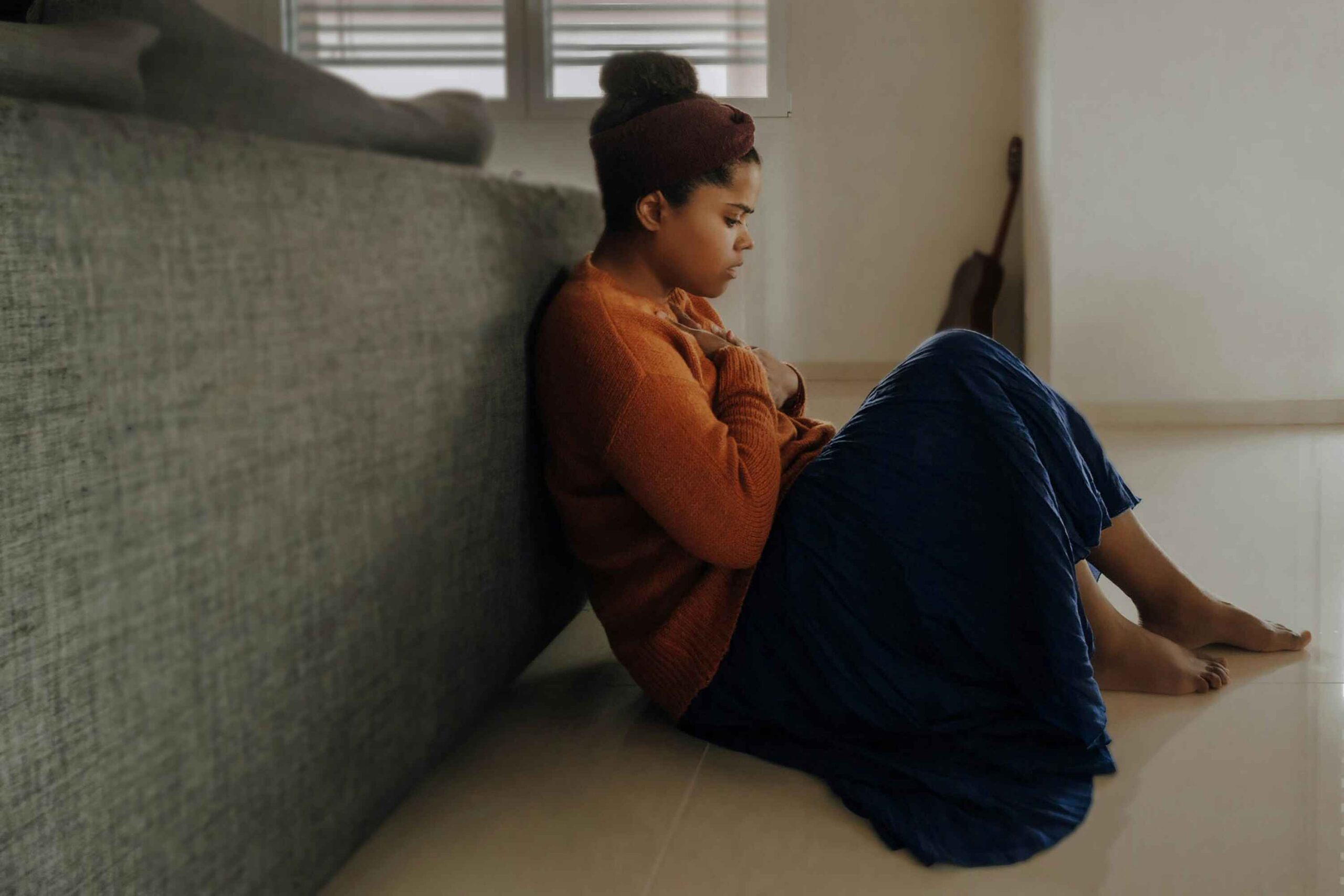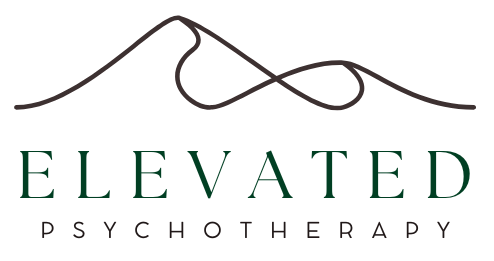
Depression doesn’t always look how people expect. It’s not just feeling sad. It’s not always crying in bed or dramatic movie scenes. Sometimes it looks like going through the motions with a smile no one questions. Other times, it feels like everything has stopped: your energy, your interest, your hope.
What It Feels Like to Be Depressed
Depression drains you. It makes everyday tasks feel impossible. Your to-do list becomes overwhelming. Even basic things like showering, eating, or answering a text can feel too hard.
You might feel:
- Emotionally numb
- Irritated by everything
- Guilty for no clear reason
- Tired no matter how much you rest
- Like your mind is foggy or slow
- Disconnected from yourself or others
- Unsure if you’ll ever feel joy again
Depression doesn’t always shout. Sometimes it whispers lies so quietly that you start to believe them: You’re lazy. You’re a burden. Nothing will get better. These thoughts are part of the illness, not the truth.
You’re Not Making It Up
If you’ve ever told yourself to “just snap out of it,” or wondered why you can’t seem to pull it together, please know this: depression is not a weakness. It’s not a lack of willpower. It’s a medical condition with emotional, cognitive, and physical symptoms.
You deserve compassion, not criticism. Especially from yourself.
When to Reach Out
If these feelings have lasted more than two weeks, or they’re interfering with your work, relationships, or daily life, it’s time to ask for help. You don’t have to wait until you hit a crisis point. You’re allowed to get support before everything falls apart.
Signs you should reach out:
- You’ve lost interest in things you used to enjoy
- You isolate even when you want connection
- Your appetite or sleep patterns have changed
- You feel worthless, hopeless, or like a burden
- You’ve had thoughts of not wanting to be alive
If you’re struggling with suicidal thoughts, please seek immediate support. You matter. You are not alone.
How DBT Can Help
I use Dialectical Behavior Therapy (DBT) to support clients with depression. DBT is a structured, skills-based approach that helps you build a life worth living step by step.
Here’s what we focus on:
1. Emotional Regulation
You’ll learn how to name and understand your emotions, instead of being overwhelmed by them. Depression often flattens or scrambles your emotional experience. DBT helps you bring clarity and stability back.
2. Distress Tolerance
When everything feels too much, you need tools that work in the moment. DBT teaches real-time strategies to get through intense pain without shutting down or making things worse.
3. Mindfulness
You’ll build awareness of your thoughts and feelings without judgment. This helps you break the cycle of rumination, guilt, and shame that often fuels depression.
4. Interpersonal Effectiveness
Depression can damage your relationships or make you pull away. We work on communication skills, boundaries, and ways to ask for what you need without guilt.
There Is Hope
Depression lies. It tells you nothing will help. But people do get better. Sometimes slowly, sometimes in small steps, but it’s possible. With the right support and tools, you can feel like yourself again. You can find joy, connection, and meaning, even if it’s been gone for a while.
You don’t have to figure this out alone.
Reach out today to learn more about DBT and how we can work together.
Share This Story
Ashley M. Allen, PsyD is a Colorado-based licensed clinical psychologist who sees clients virtually nationwide through PSYPACT. Dr. Allen specializes in LGBTQ+, alternative lifestyles, emotional disorders, ADHD, BPD and chronic illness. Stay tuned to her blog for tips on mental wellness.


